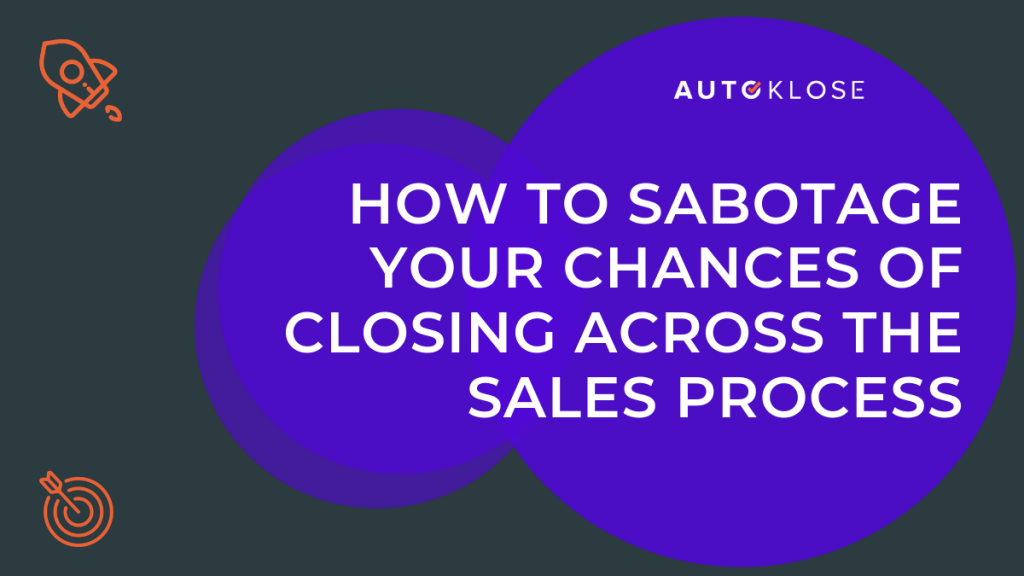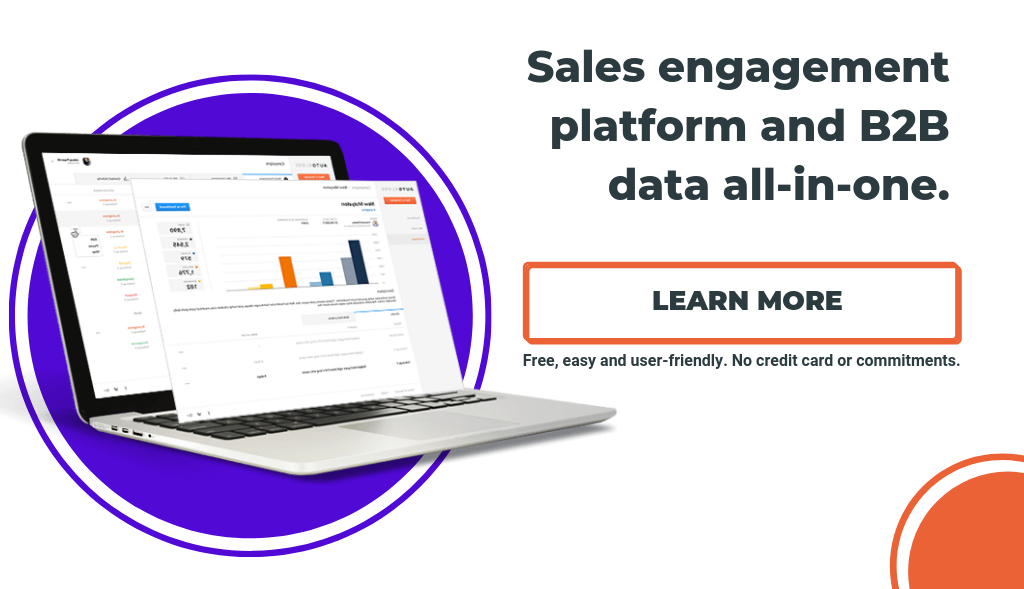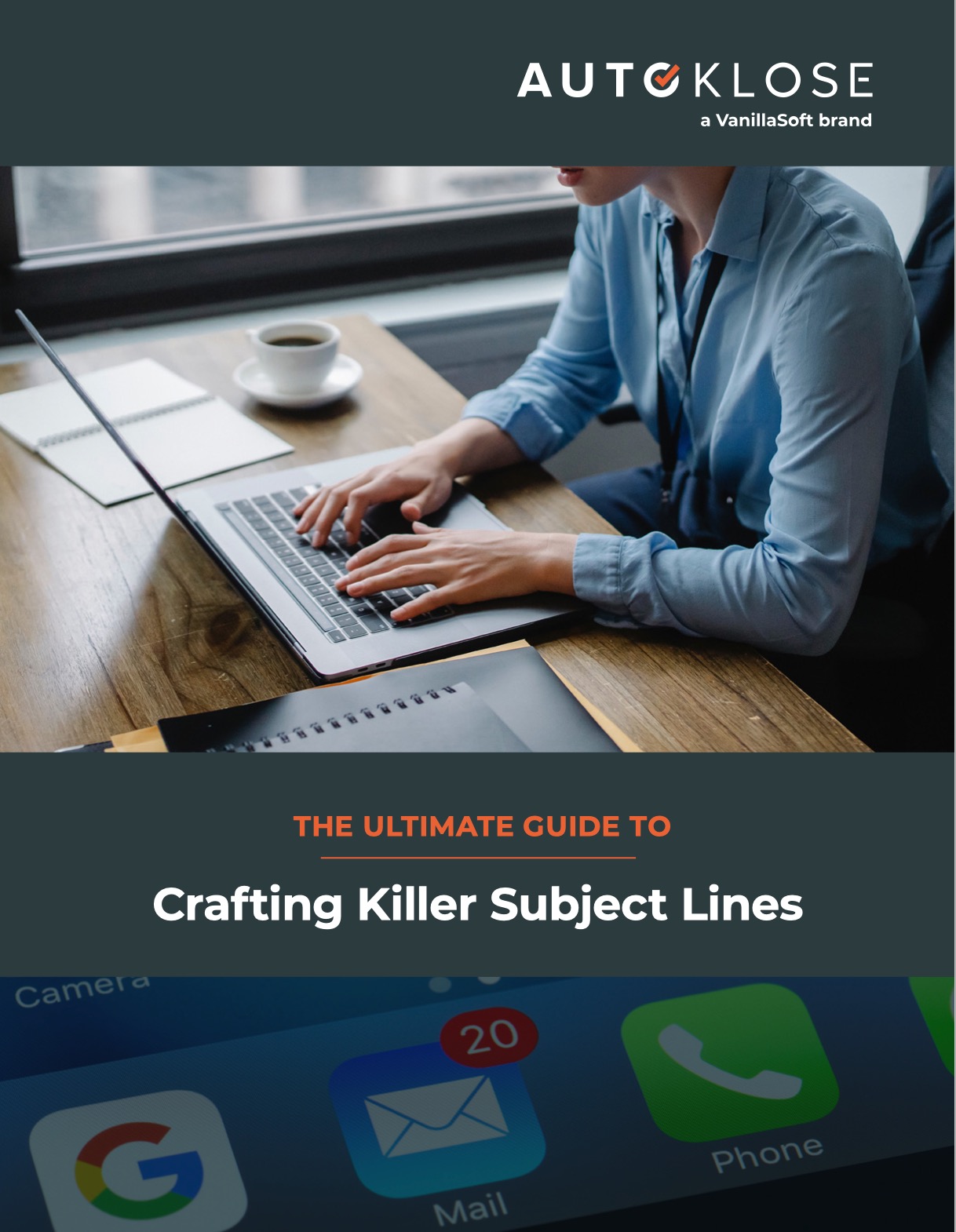
The road to hell is paved with good intentions, and sometimes with well-meaning advice. Sales closing is tough, full of challenges and rough patches, which is why you need to think everything through carefully.
There are those small, seemingly unimportant things that you do without being aware that they damage the value of your proposition and shake your prospect’s confidence in the effectiveness of your product or service and get them to start doubting the credibility of your offer.
These cracks in the façade of your perfectly crafted pitch can have tremendous consequences on the whole sales process, and not only risk the closing itself but also affect your price.
The Anatomy of the Downfall
In order to stop this detrimental behavior, we first need to identify why and when it happens.
Again, psychology plays a prominent role in the sales process and impacts our judgment and movements. Namely, we’ve all had our fair share of failures and flops, and that inevitably leaves some scars on our confidence and makes us insecure about the value and effectiveness of the product or service we’re trying to sell.
These vulnerabilities may result in your attempts to avoid discussing certain features that you perceive as being inferior, thus only managing to turn the spotlight on the obvious elephant in the room. This can happen during every stage of the sales process, so here are a couple of things to pay attention to before you unwittingly jeopardize your deal.
- The initial email outreach sets the tone of your communication and if the first thing you mention about your product or service revolves around its low or affordable price, your prospects will be under the impression that what you’re offering them is of average or even poor quality. This selling-yourself-short tactic can hurt your whole sales campaign, as no matter how superb your product is, it will always be overshadowed by that “affordability” factor. Instead of that, focus on the uniqueness and competitive edge that it can provide. If you’re quick to announce your modest pricing, your prospects will conclude that the features and benefits of your product are modest too.
- When you’re cold calling your prospects, try to avoid those apologetic sorry-to-interrupt-your-busy-schedule empty phrases, because you’re automatically putting yourself in an inferior position. The same goes for implying that partnering with your prospect and their brand is to die for because they might think that you’ve never worked with a big company. It’s OK to show that you respect them, but by no means should you suck up to them and voluntarily offer to play the second fiddle. Be polite but convincing and sure of your product’s quality.
- Face-to-face communication, either in person or by means of a video chat, bears additional traps. Namely, your body language reveals more than you’d like, so make sure to be absolutely aware of it. First of all, making eye contact is essential to the success of your presentation, but you have to be careful about the timing. Namely, too much eye contact, especially in a business setting, can be either awkward or perceived as your intention to dominate and be superior. On the other hand, too little will make you look nervous, insincere, or as if you’re trying to hide something. Perfectly balanced eye contact will, however, establish a sense of trustworthiness and help you connect with your prospect. Experts on social skills claim that eye contact should be maintained somewhere between 30% and 60% of the time during any conversation, and as a rule of thumb, you should do it more when you’re listening and less when you’re speaking. Basically, this is an extremely powerful tool for attracting the attention of the person you’re communicating with.
- Insistence on sticking to the plan is also crucial. Being a yes-man doesn’t work here and it will only damage your business plans. So, if you’re informed that the executive or the decision-maker who is supposed to come to the meeting won’t be able to make it, don’t hesitate to say that you’ve invested a lot of time and money, and adjusted your schedule for that meeting. The same goes if your prospect tries to make your presentation shorter. In many situations, you will be asked to disclose the price before you’ve even had a chance to present the features and benefits of your product, and by no means should you agree to that. If you wait until you capture the interest of your prospect and if you get them interested in what you have to offer, you’ll be able to show them the value of your product so the price you’re asking will be justified.
- Showing that the mention of the competition upsets you sends a very bad signal, and still, many salespeople make this mistake. It’s only logical that your prospects will review all the available options and that they will take rival products into consideration. Instead of feeling intimidated and evasive, do your best to show why your product is better and how your prospects will gain a competitive edge if they opt for it. In order to do that, you need to know who your main competitors are and have details about their products. If you’re well prepared, you can use this whole story as an ideal setting for distinguishing yourself from your competitors and rise above them.
- Dealing with skeptical prospects who tend to take everything you say with a pinch of salt can be tricky. Again, the way you handle the situation can make or break it for your If you take it as an attack and succumb to their doubts, you’re very likely to lose their confidence and they will be under the impression that your product is no good. However, if you manage to keep your cool and address their every question and suspicion in a confident manner, you can use their scrutiny as a vehicle for showcasing your product. Many salespeople try to ignore a doubting Thomas, but that’s the worst thing to do. You need to play their game and engage them because that’s the best method to show that you have nothing to hide and that you don’t shrink from the confrontation. By shattering that “I see through you” attitude that they have, you’ll convince other members of their team that your product is valuable.
Now that you know how to navigate the bumpy road of contacting and nurturing your prospects, it would be a good idea to discuss some of the most common but terrible sales advice that you can get.

It’s All in the Numbers
Keeping track of your results and having reliable and relevant metrics is extremely important. But, reducing all your sales and marketing efforts the number of emails you send or calls you make can return you some pretty deceptive results.
Yes, the more proactive you are, the better, but instead of focusing only on number crunching.
There’s no success without doing proper research, so instead of flooding thousands of random people with emails or making base-touching calls, it’s better to use that time to learn more about your prospects. This will help you establish some quality, long-term relationships and eventually make you more money. In other words, aim for quality rather than quantity.
Be Unrelenting
We may say that persistence is a virtue, but the line has to be drawn at a certain point.
Many salespeople are convinced that they need to be unrelenting and that they should never give up no matter what their prospects say. But this is exactly the kind of behavior that gave the whole profession a bad name.
Calling back your prospects after they have reached a decision that your product isn’t what they need isn’t persistent in a good way. It’s disrespectful and annoying and it will only alienate your prospects further, not to mention that you can be hit by the effects of word-of-mouth marketing.
Instead of pushing your prospects, let your pitch sink in and follow up after a few days, or even weeks later, depending on how you estimate the situation.
Pitch Your Way to Success
Your sales pitch is your most powerful weapon, but hey, everything in moderation is a great rule to follow.
Unless you want to talk your prospects’ ear off and completely deter them. No matter how corny that sounds, salespeople have to be excellent listeners.
Apart from the fact that logorrhea isn’t a trait that will help you close your deals effectively if you go on and on, you’ll miss some important things that your prospect says and that are essential for understanding their needs and problems. So, think about putting a sock in it from time to time.
More Salespeople, More Closed Deals
Being understaffed is one of the problems that many sales teams suffer from, but it’s definitely not one of the main reasons why your sales rates leave much to be desired.
The real culprit behind this frequent issue can be a number of things, but a poor lead qualification process and the lack of sales-marketing alignment can affect and hurt your closing rates.
So, don’t waste your money on hiring new people before you’ve established what the real problem is. A reliable sales automation platform can do wonders for your task delegation, organization, and lead qualification, so it’s always a good idea to invest in something that will ultimately pay off.
Don’t waste your resources before you streamline and automate your sales process.

 The Autoklose
The Autoklose 


Leave a Reply
You must be logged in to post a comment.